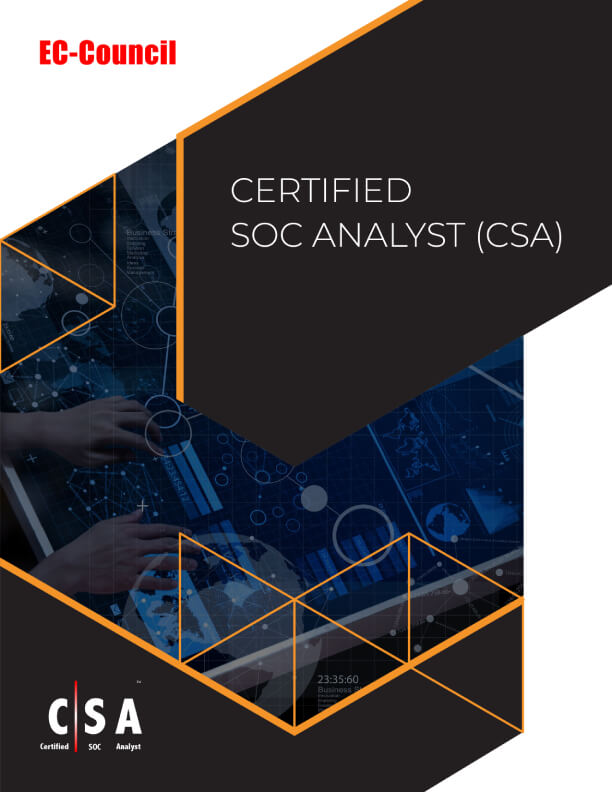What Skills You’ll Learn
- Acquire a comprehensive knowledge of SOC processes, procedures, technologies, and workflows.
- Develop a foundational and advanced understanding of security threats, attacks, vulnerabilities, attacker behavior, and the cyber kill chain.
- Learn to identify attacker tools, tactics, and procedures to recognize indicators of compromise (IoCs) for both active and future investigations.
- Gain the ability to monitor and analyze logs and alerts from various technologies across multiple platforms, including IDS/IPS, endpoint protection, servers, and workstations.
- Understand the centralized log management (CLM) process and its significance in security operations.
- Acquire skills in collecting, monitoring, and analyzing security events and logs.
- Attain extensive knowledge and hands-on experience in security information and event management (SIEM).
- Learn how to administer SIEM solutions such as Splunk, AlienVault, OSSIM, and the ELK Stack.
- Understand the architecture, implementation, and fine-tuning of SIEM solutions for optimal performance.
- Gain practical experience in the SIEM use case development process.
- Develop threat detection cases (correlation rules) and create comprehensive reports.
- Learn about widely used SIEM use cases across different deployments.
- Plan, organize, and execute threat monitoring and analysis within an enterprise environment.
- Acquire skills to monitor emerging threat patterns and perform security threat analysis.
- Gain hands-on experience in the alert triaging process for effective threat management.
- Learn how to escalate incidents to the appropriate teams for further investigation and remediation.
- Use service desk ticketing systems for efficient incident tracking and resolution.
- Develop the ability to prepare detailed briefings and reports outlining analysis methodologies and results.
- Learn how to integrate threat intelligence into SIEM systems for enhanced incident detection and response.
- Understand how to leverage diverse and continually evolving sources of threat intelligence.
- Gain knowledge of the incident response process and best practices for managing security incidents.
- Develop a solid understanding of SOC and incident response team (IRT) collaboration for improved incident management and response.
- Assist in responding to and investigating security incidents using forensic analysis techniques.
- Gain specialized knowledge in cloud-based threat detection and how to adapt techniques for cloud environments.
- Engage in proactive threat detection by participating in threat-hunting exercises.
- Develop skills in creating SIEM dashboards, generating SOC reports, and building effective correlation rules for advanced threat detection.
- Acquire hands-on experience in malware analysis techniques.
- Explore how AI/ML technologies can be leveraged to improve threat detection and response in SOC operations.

















